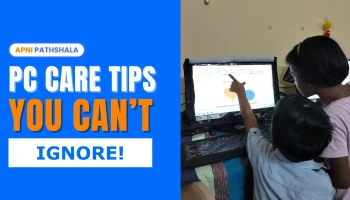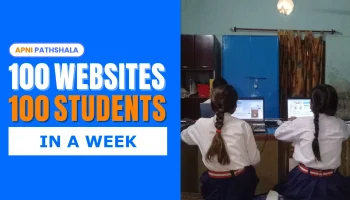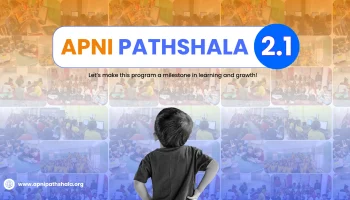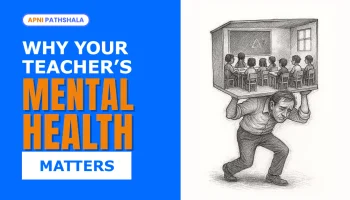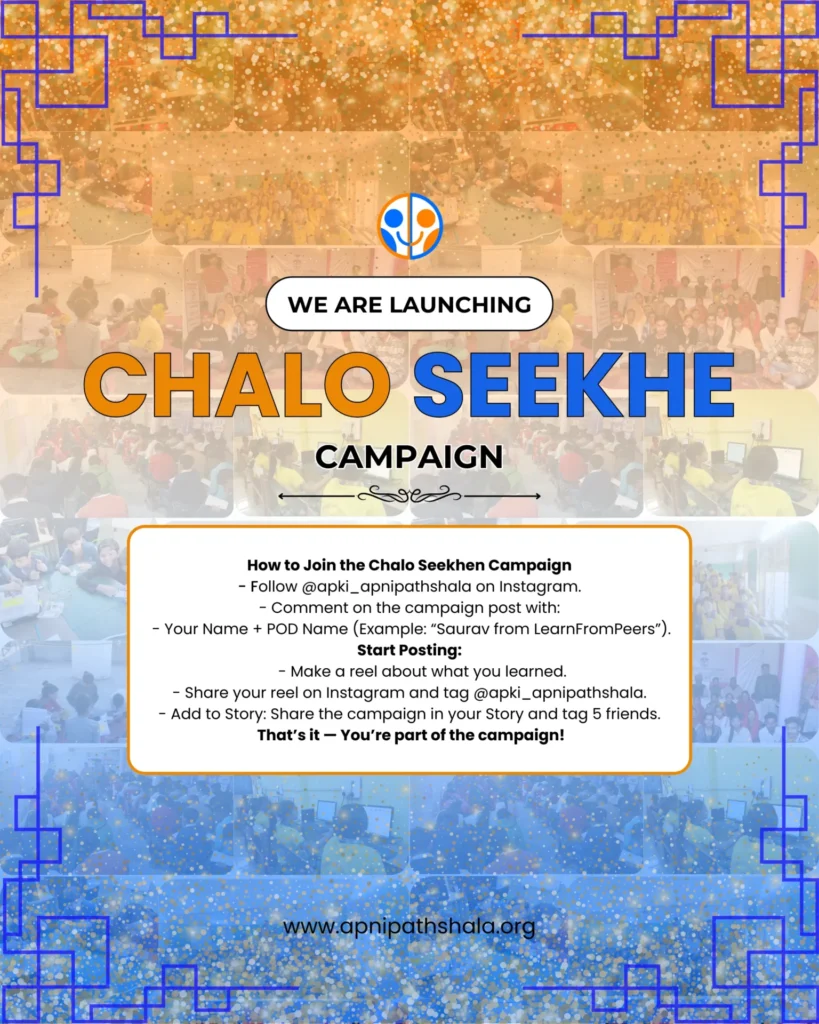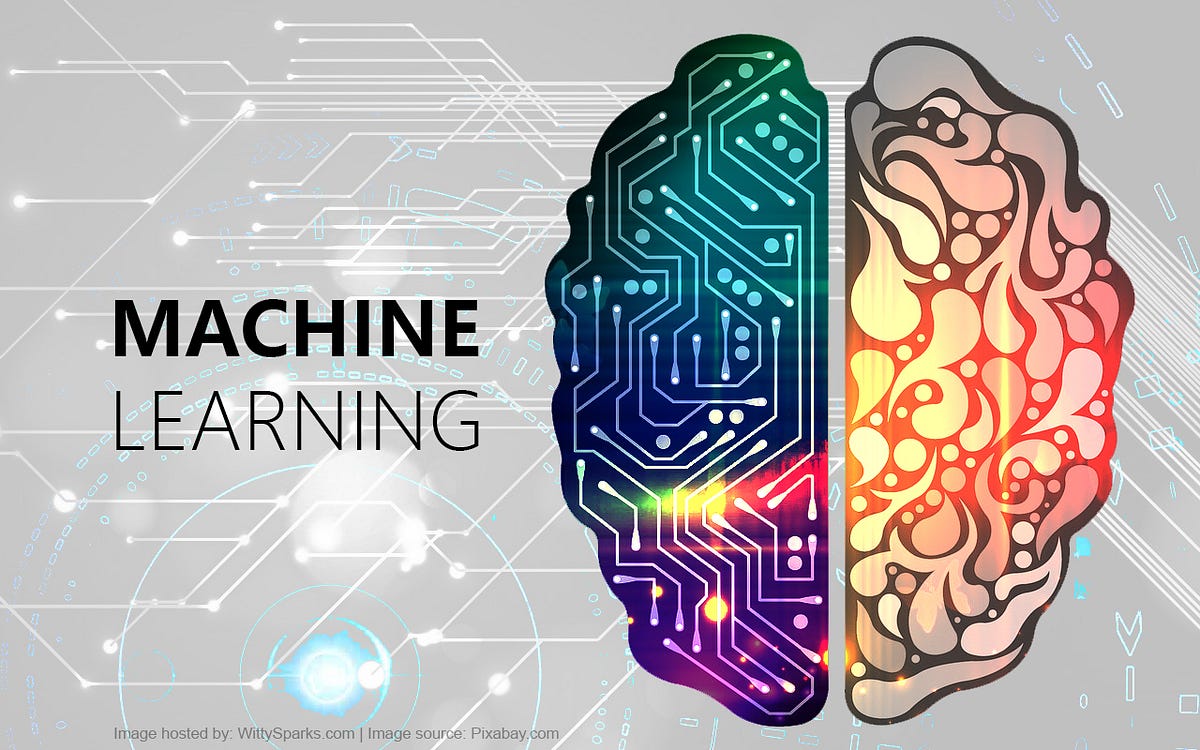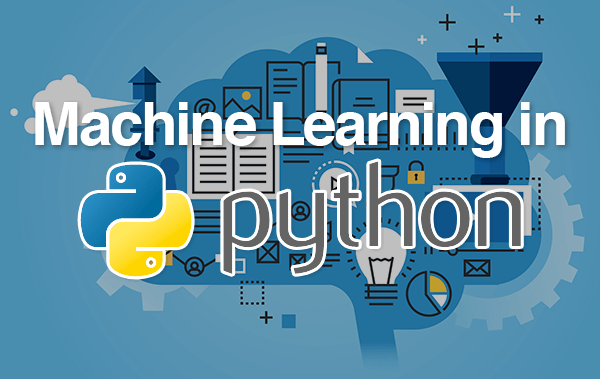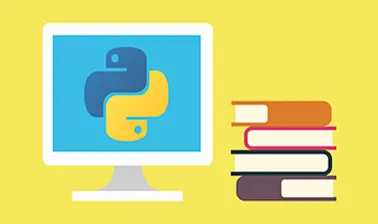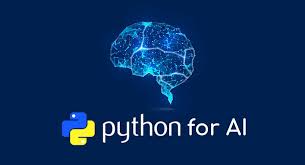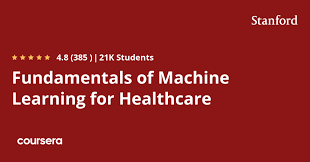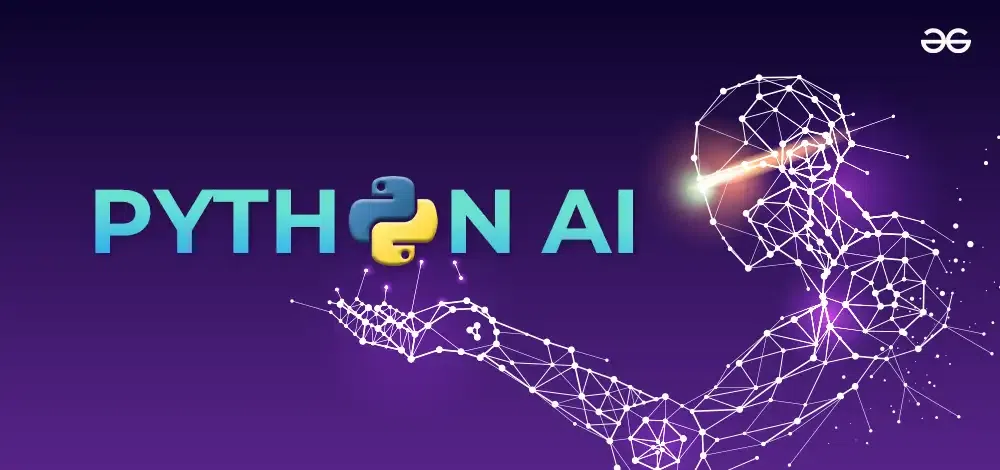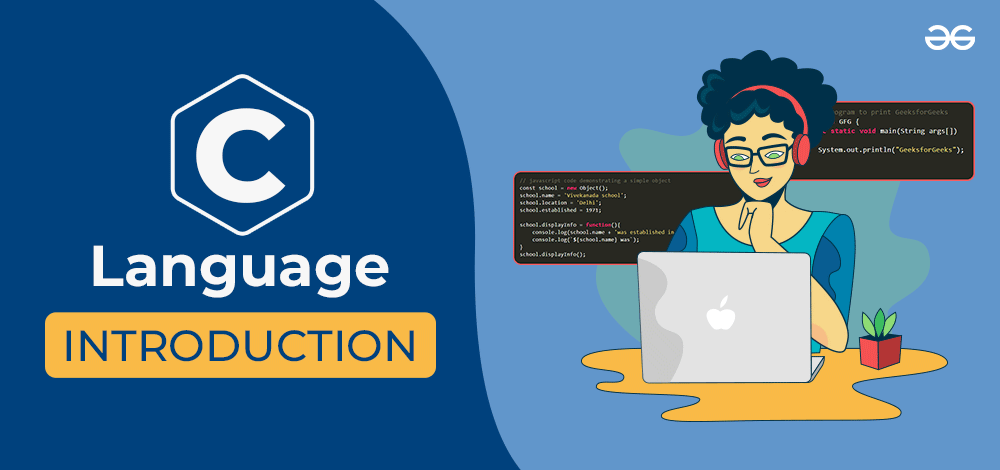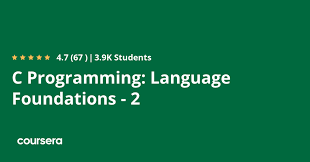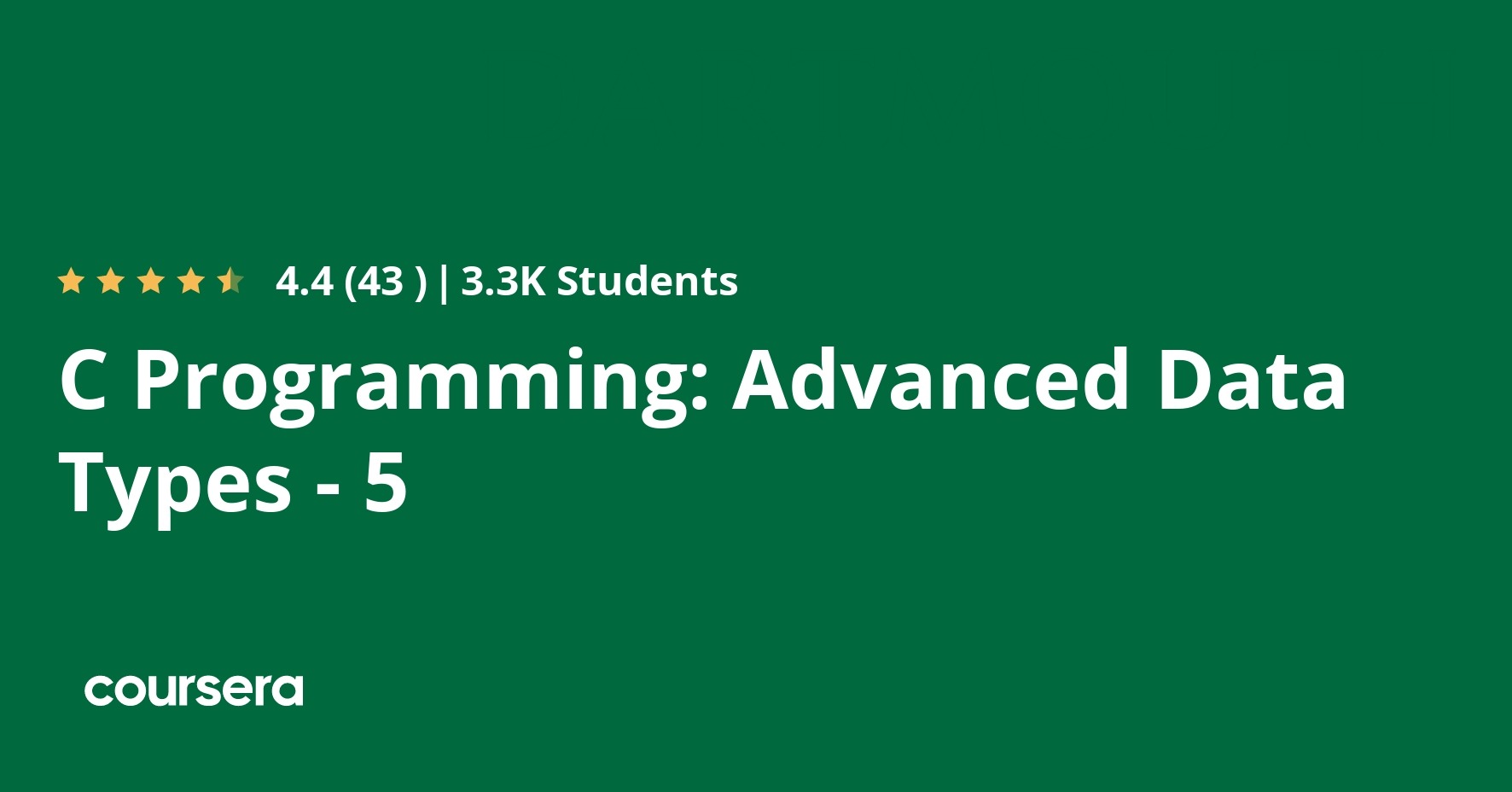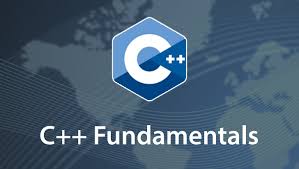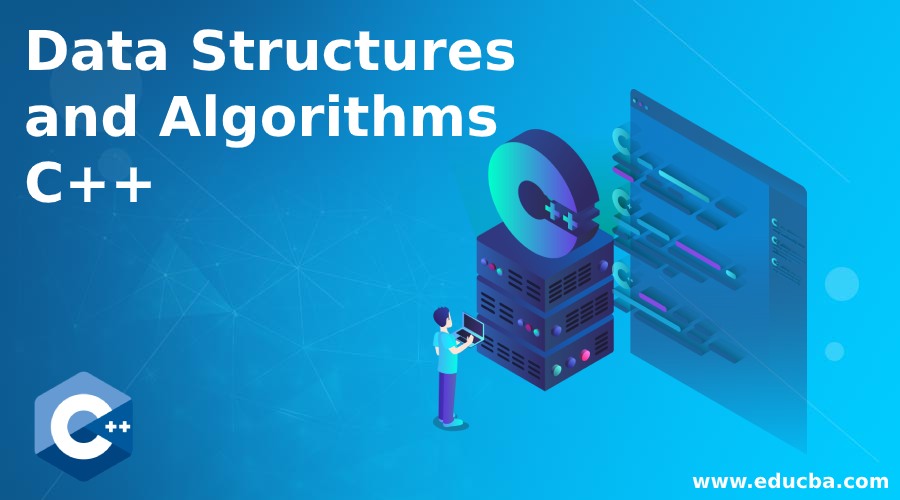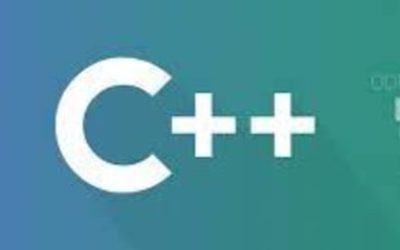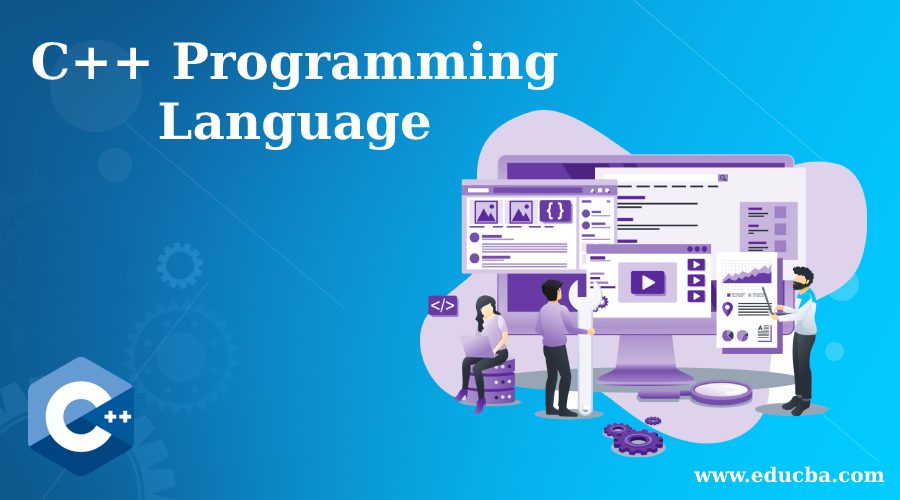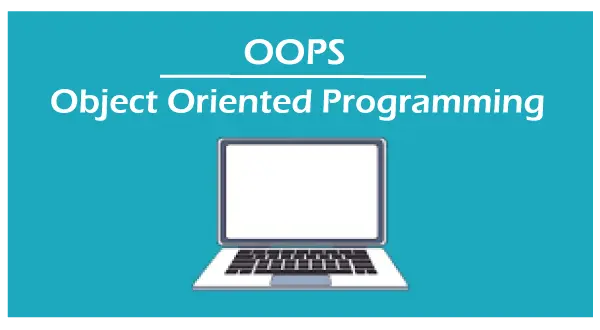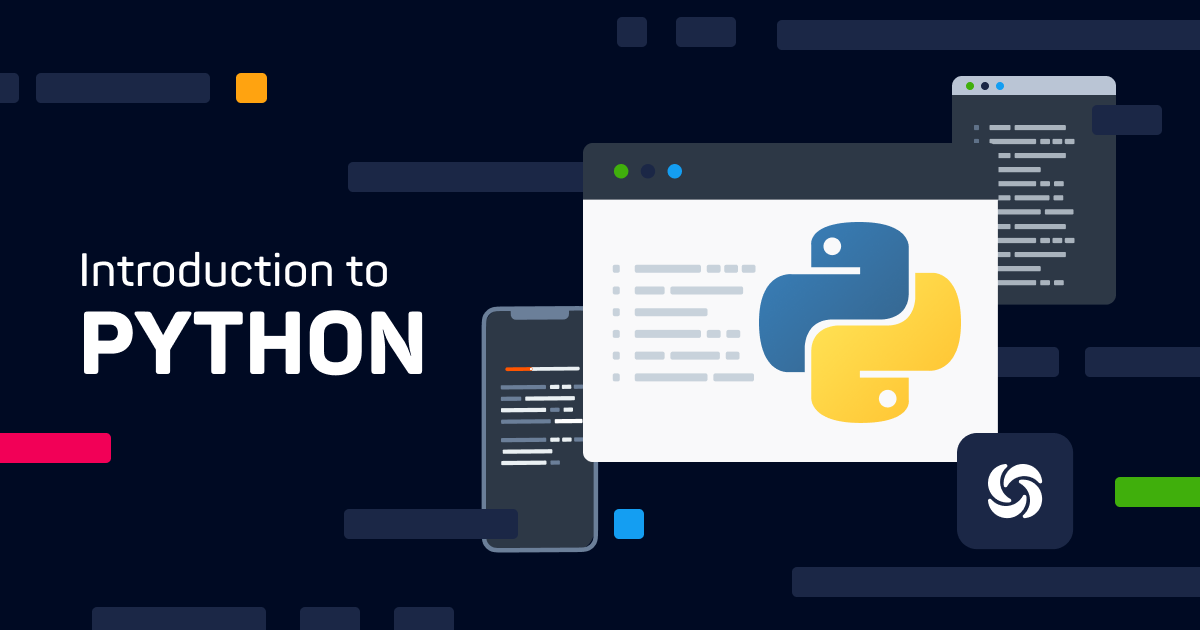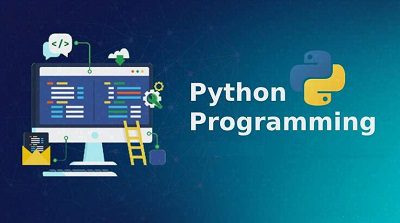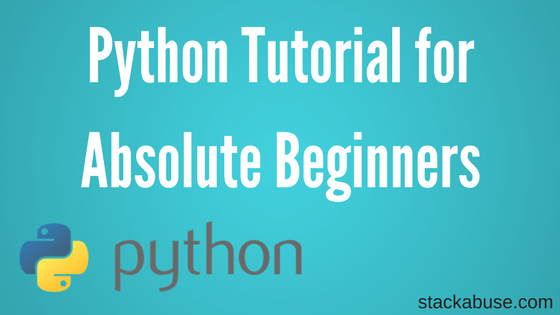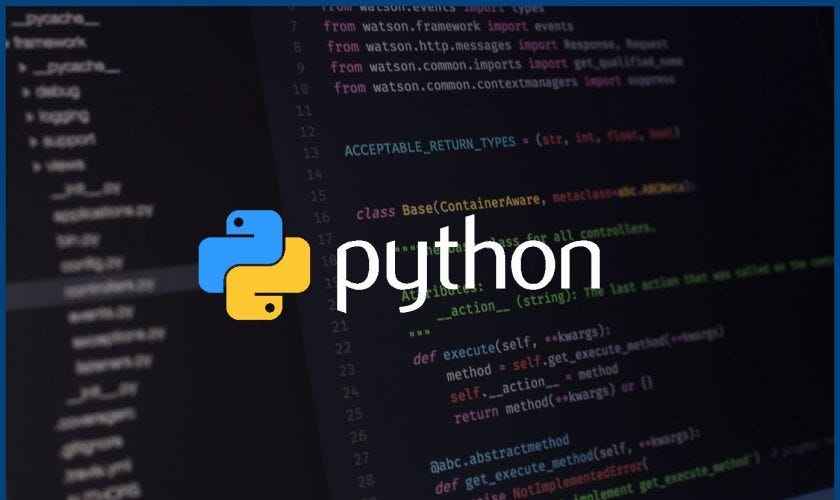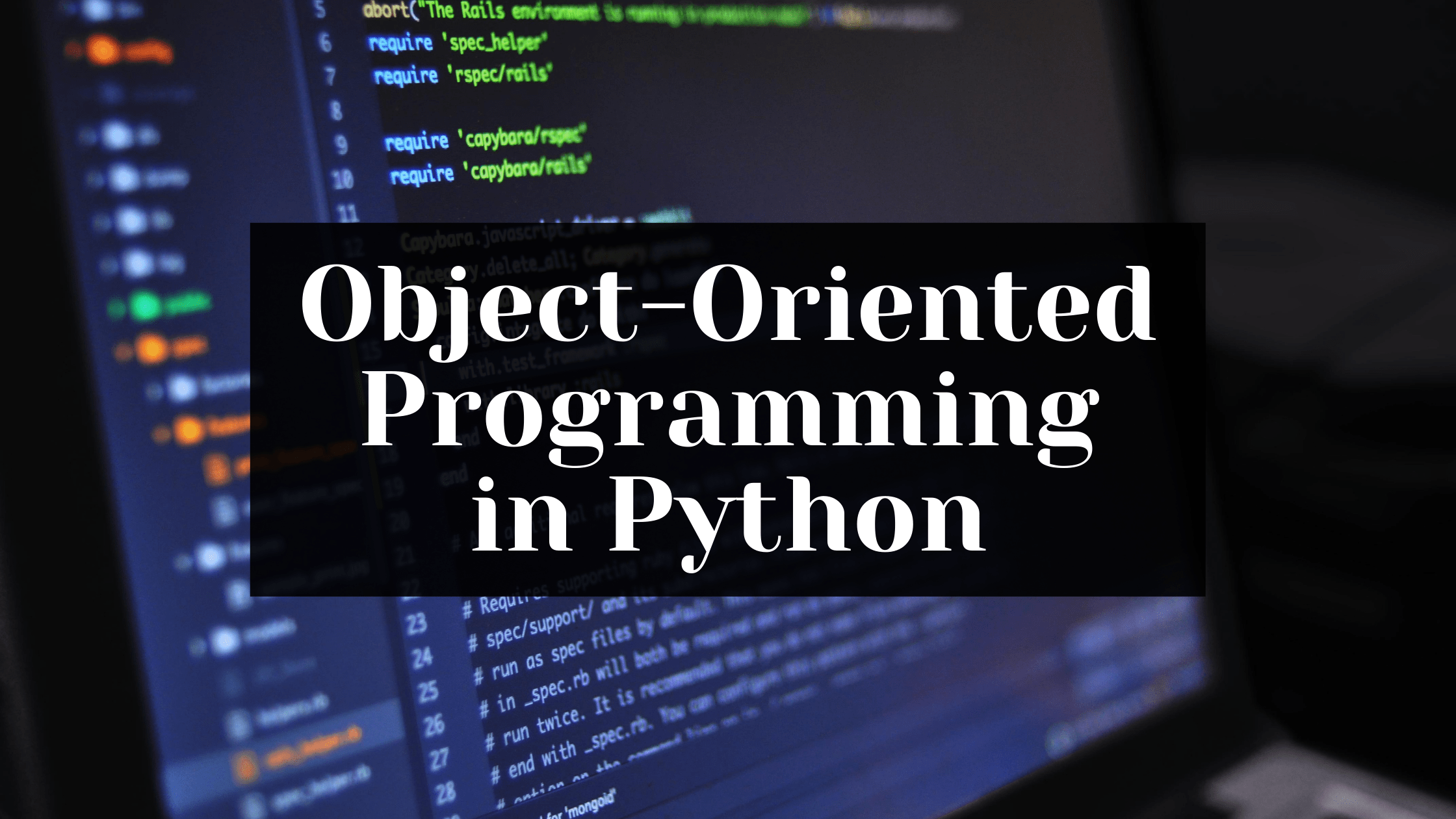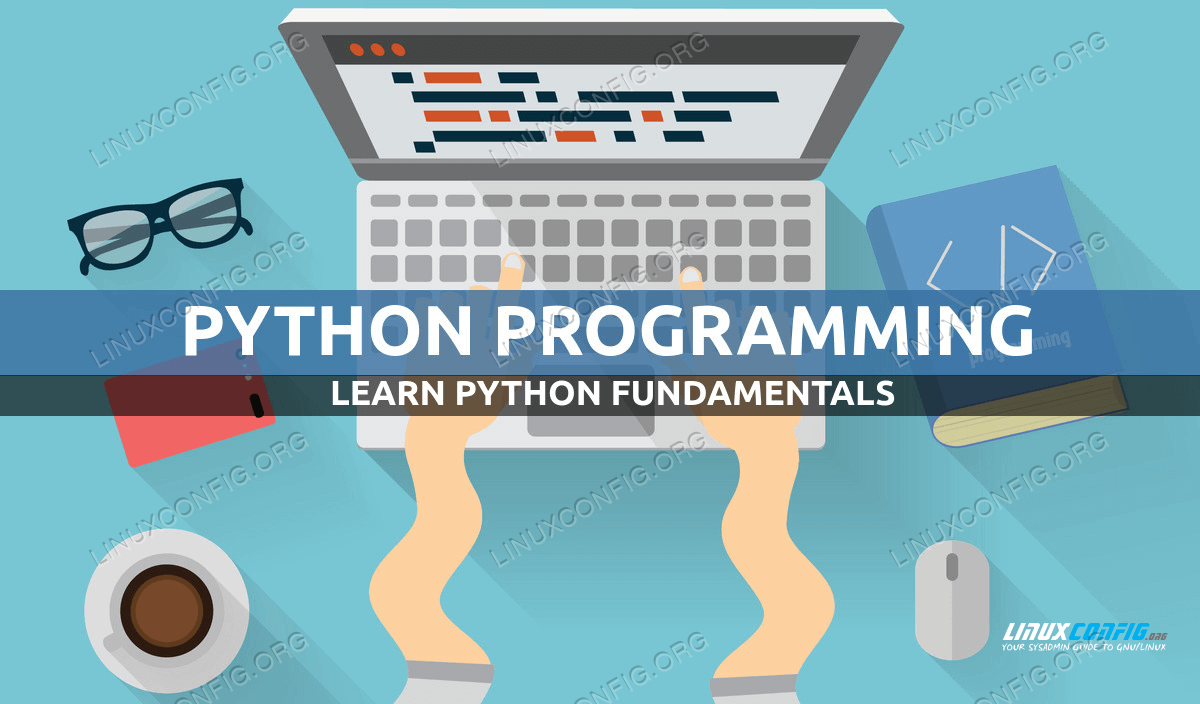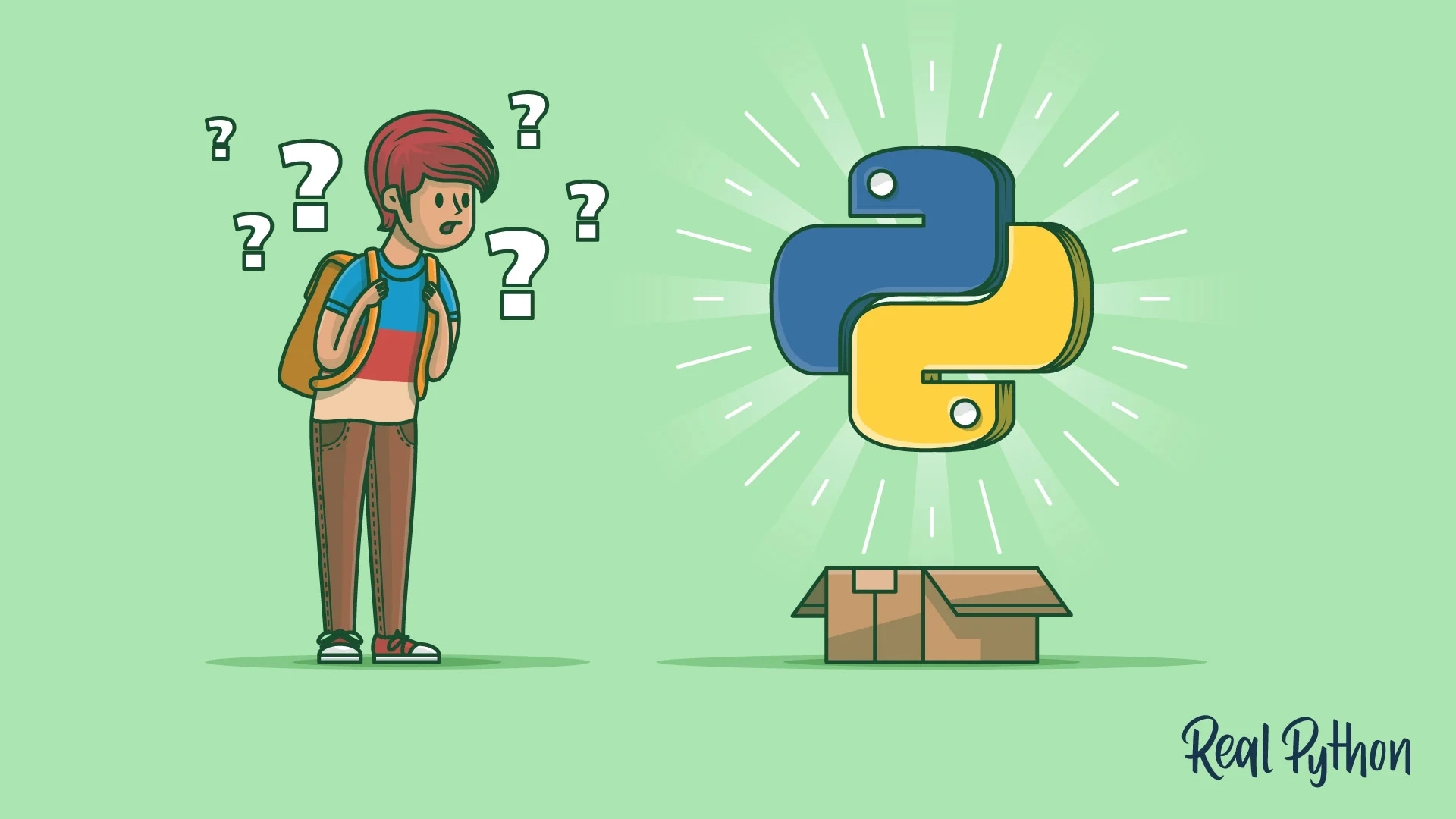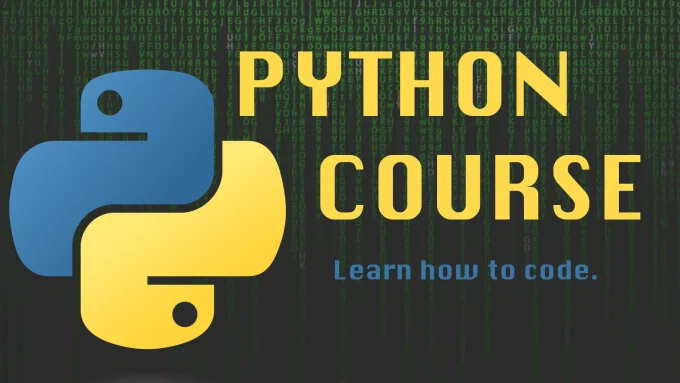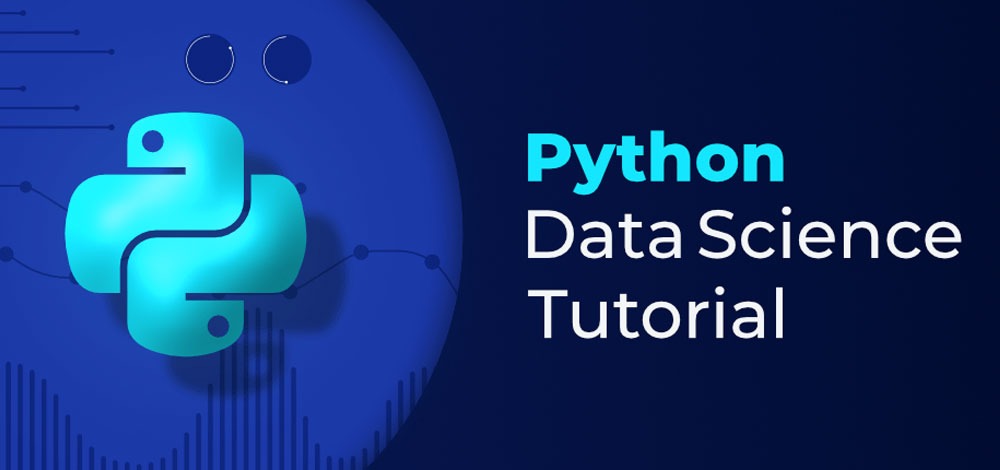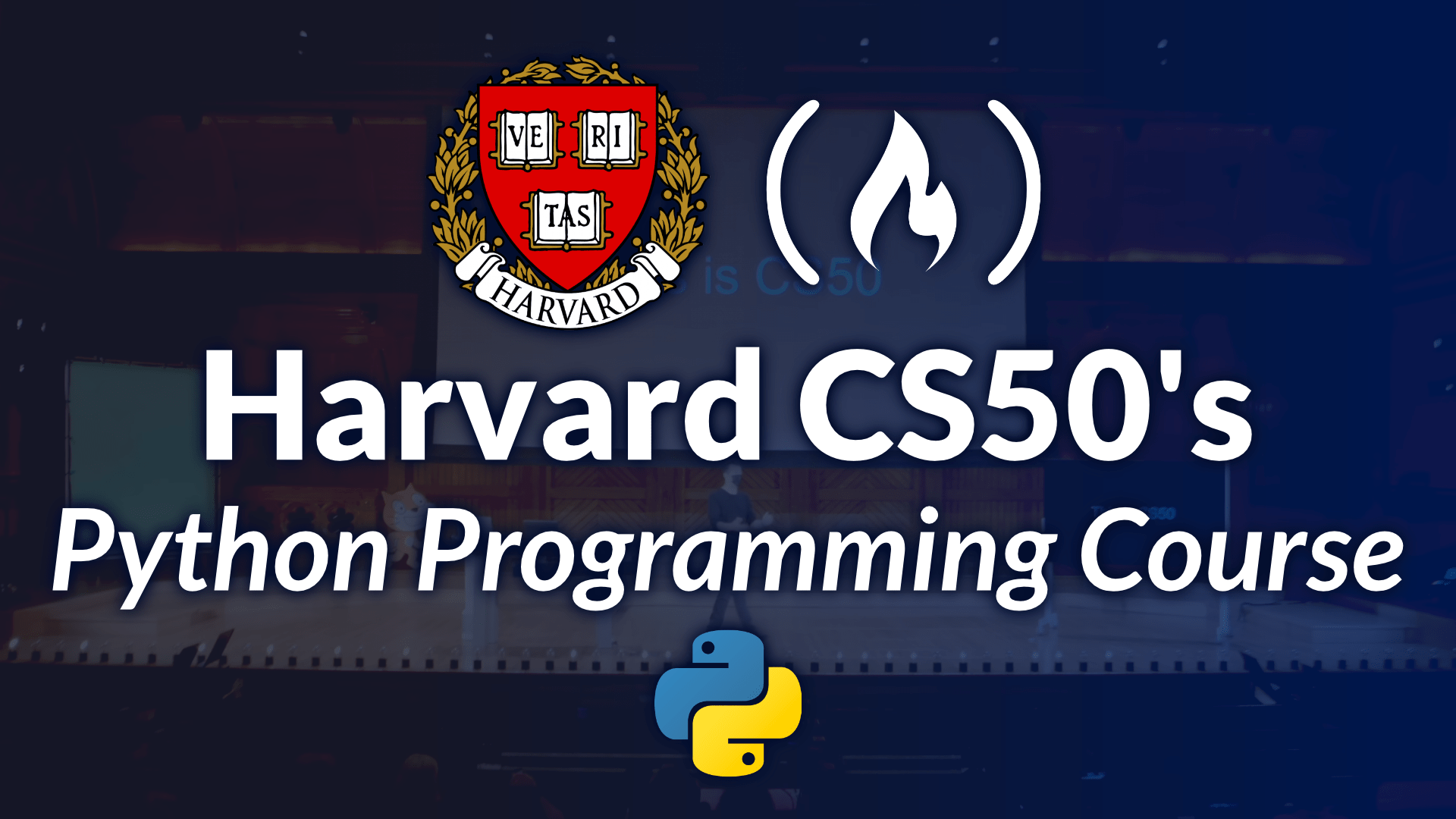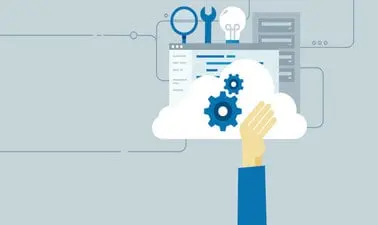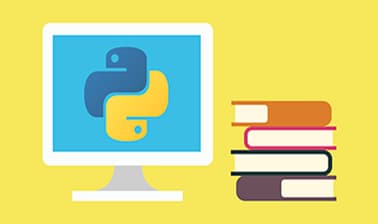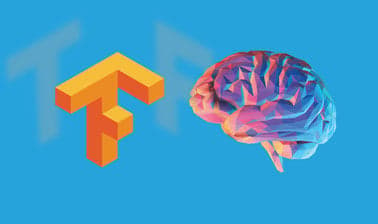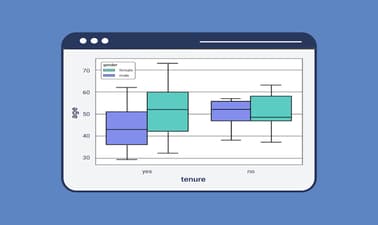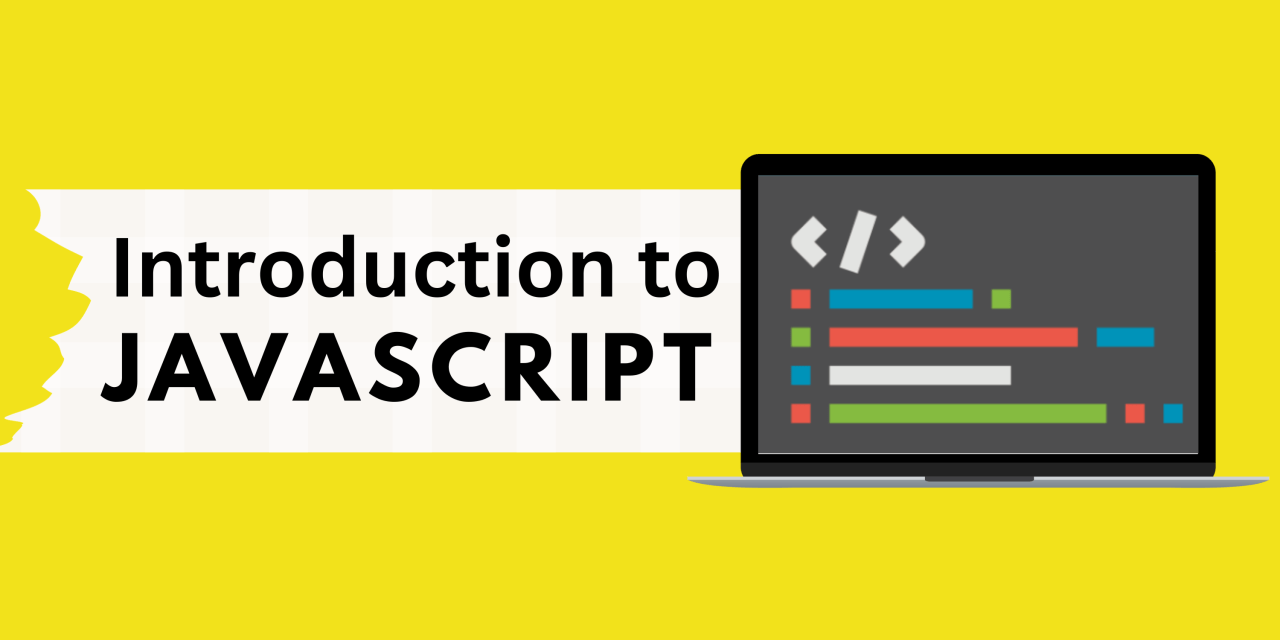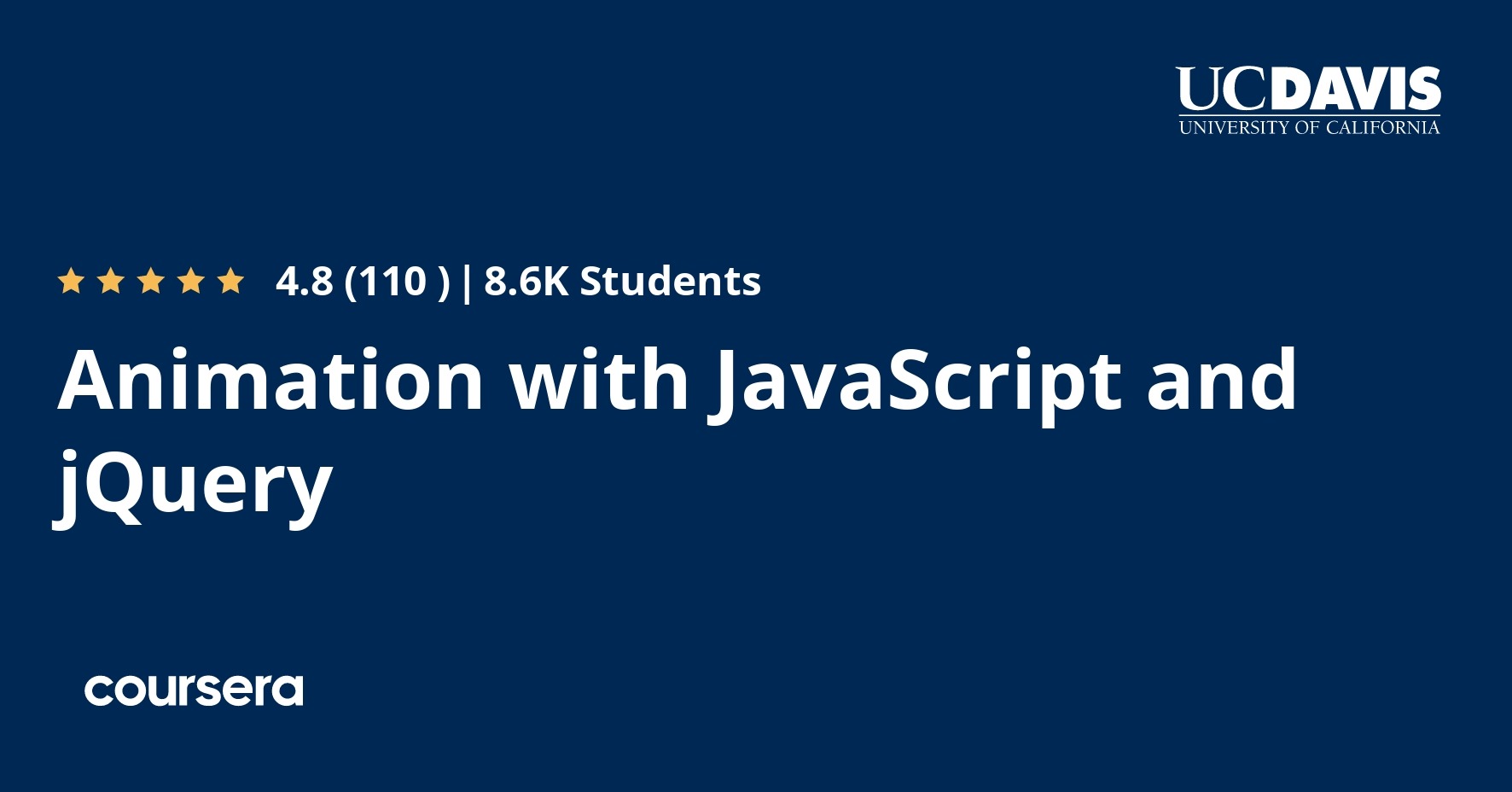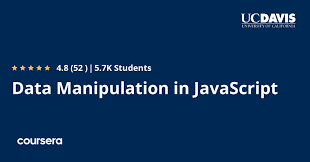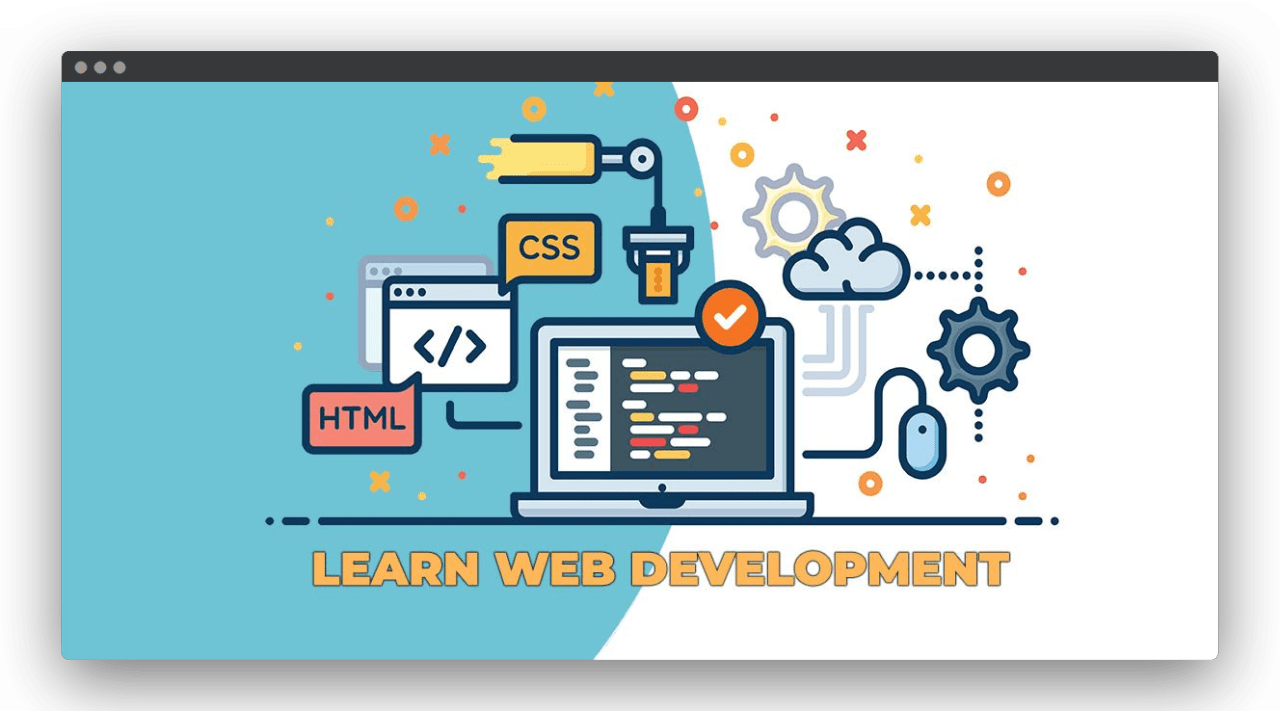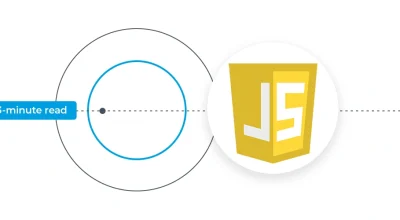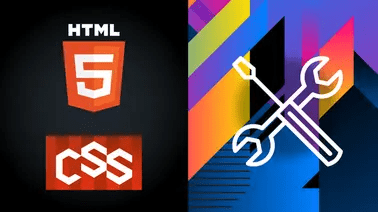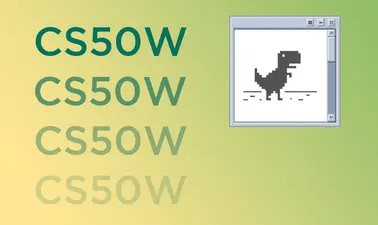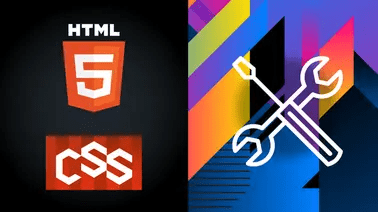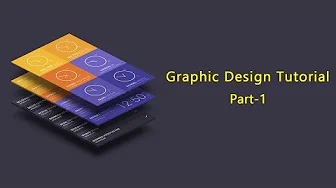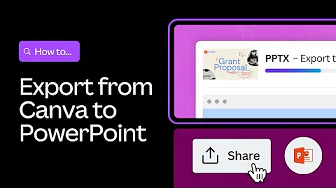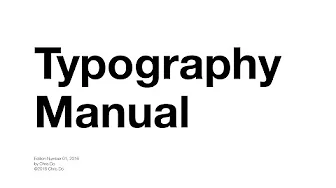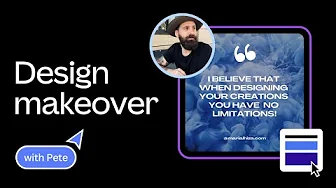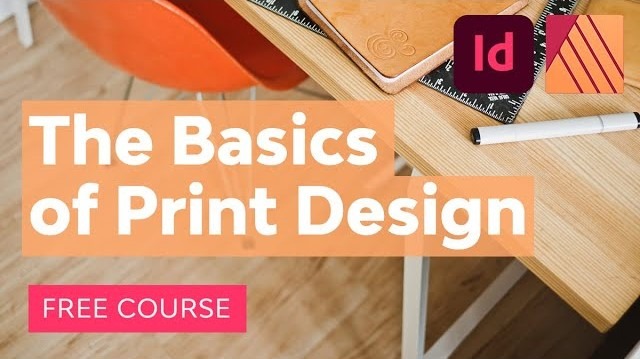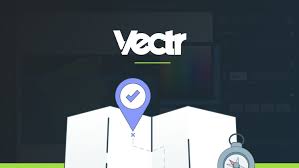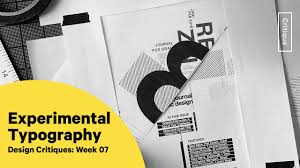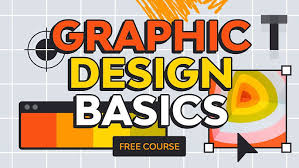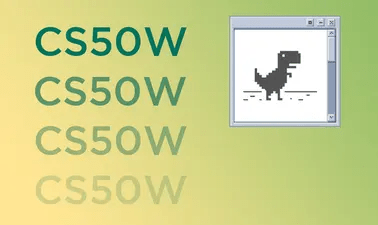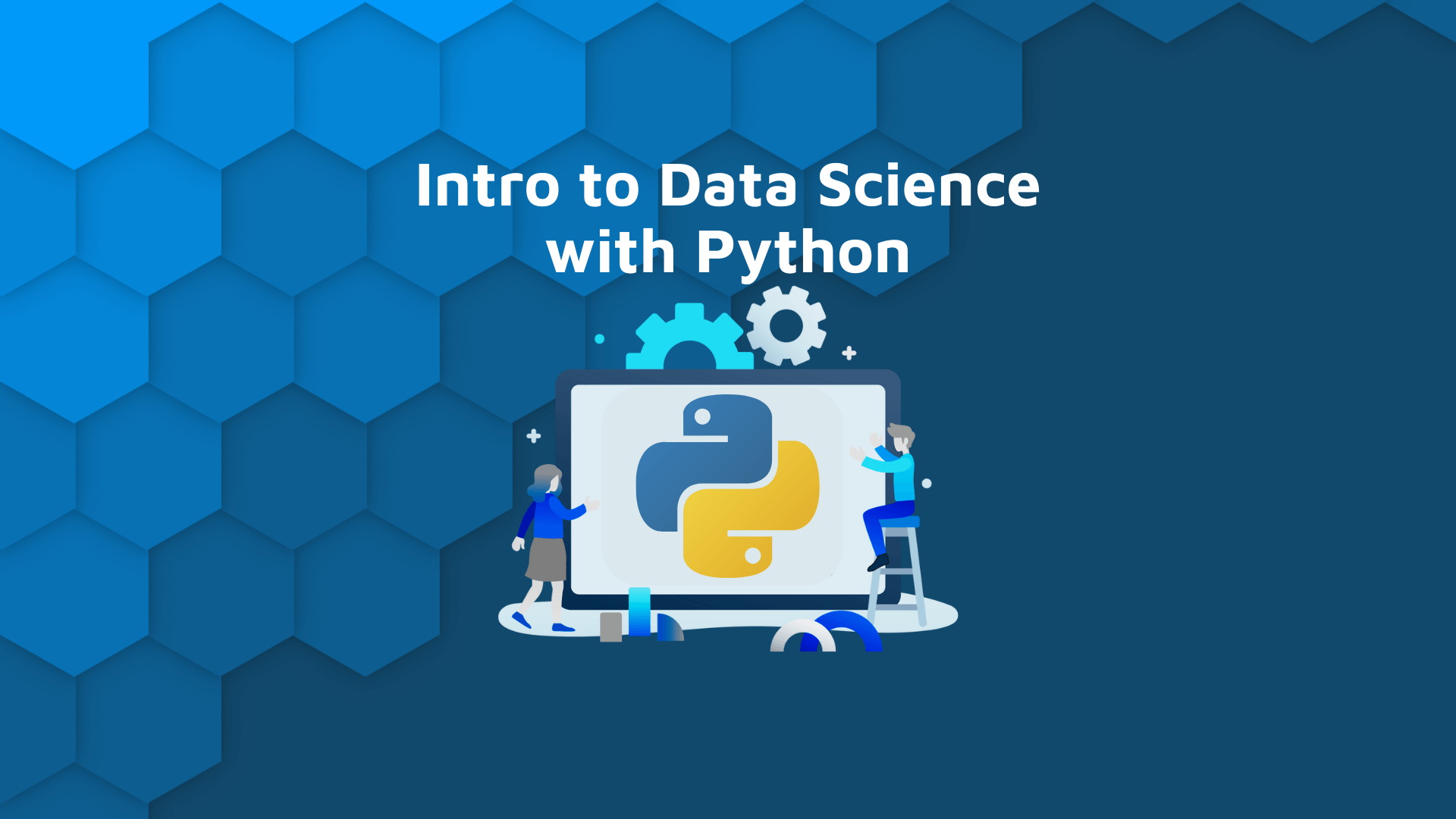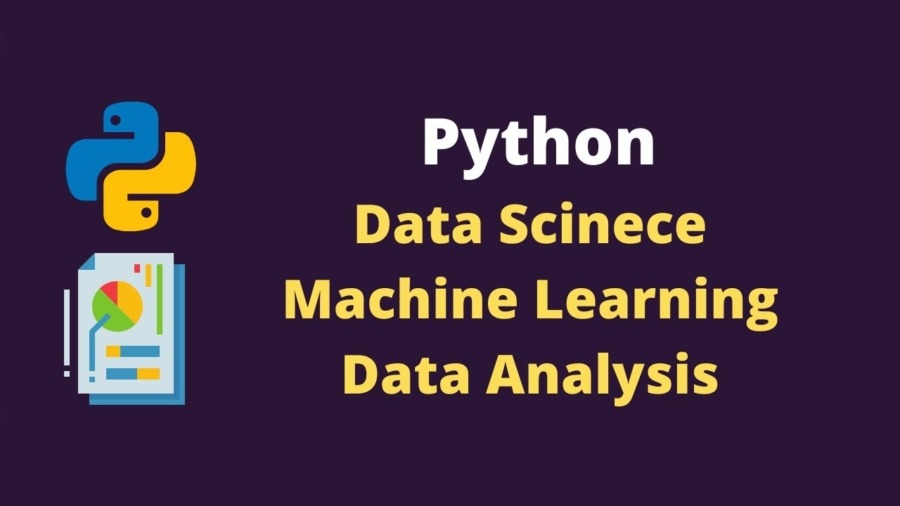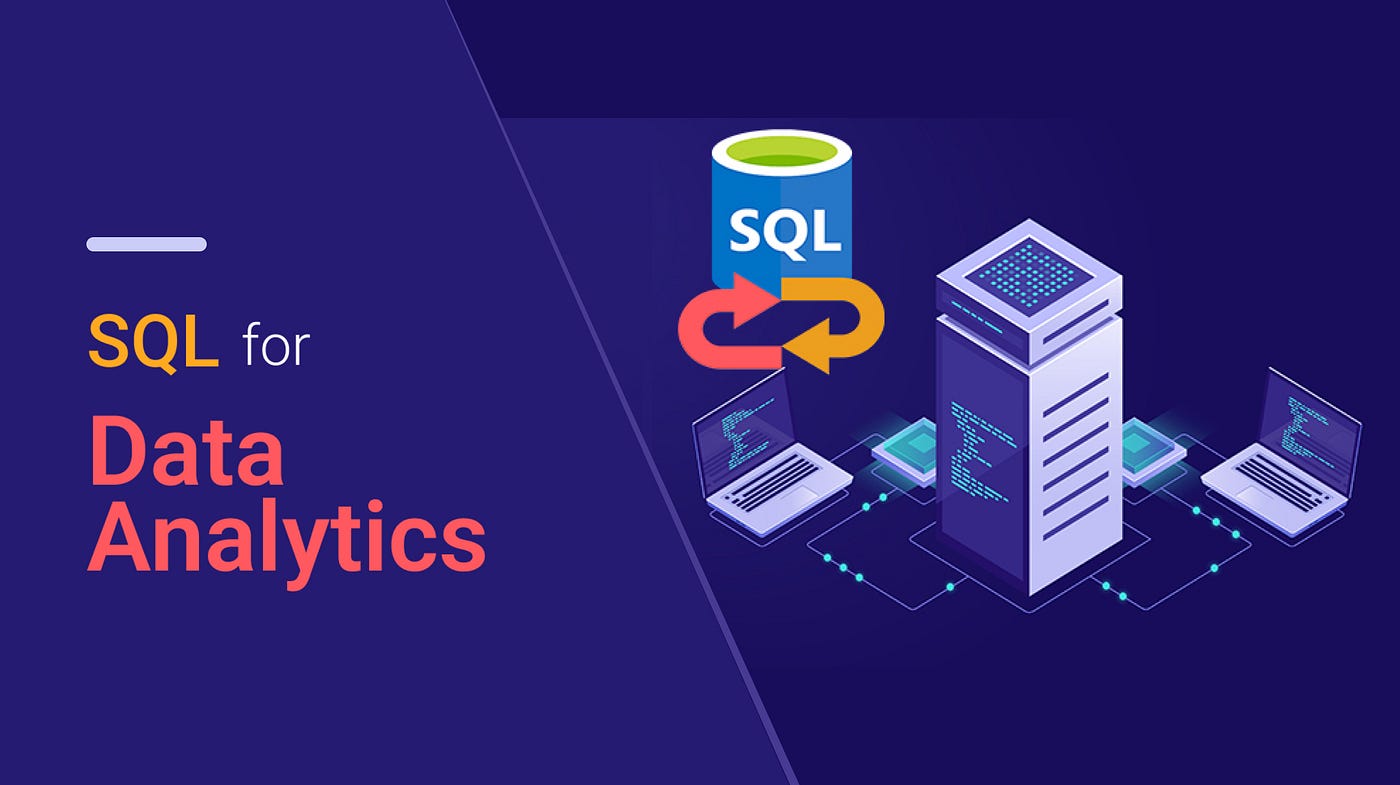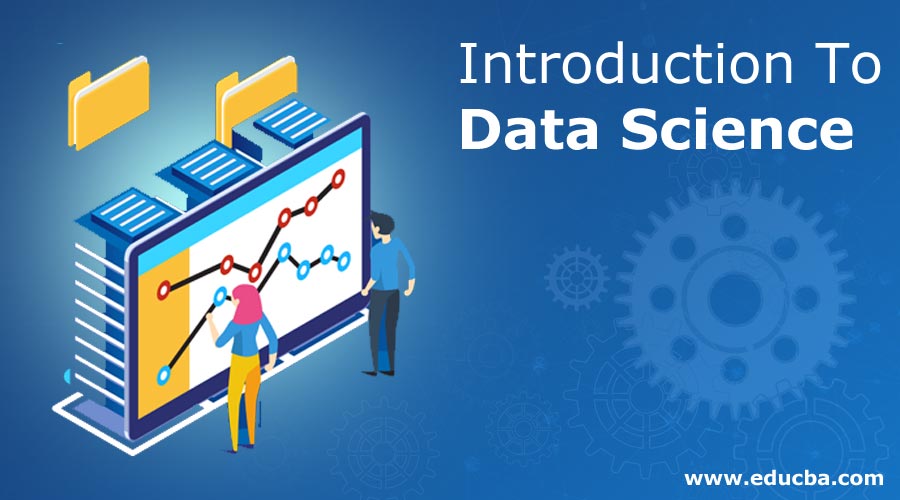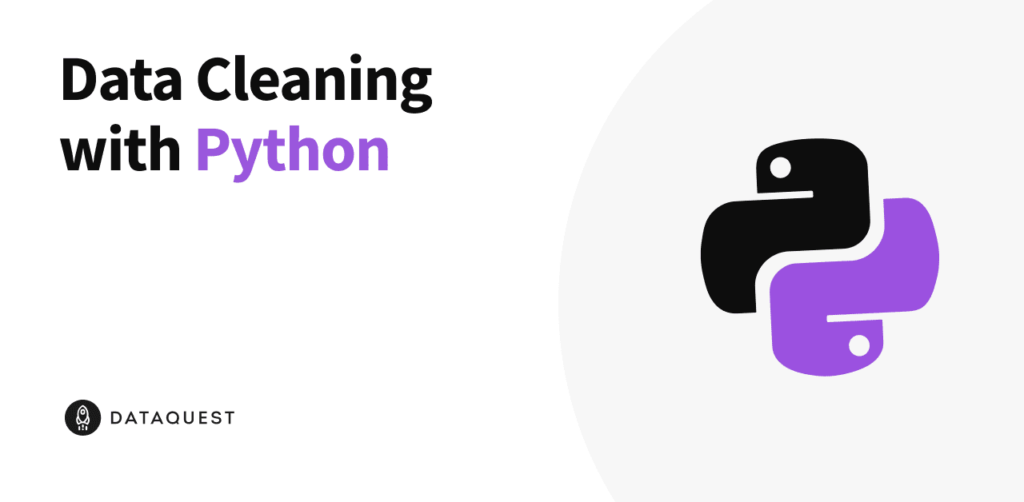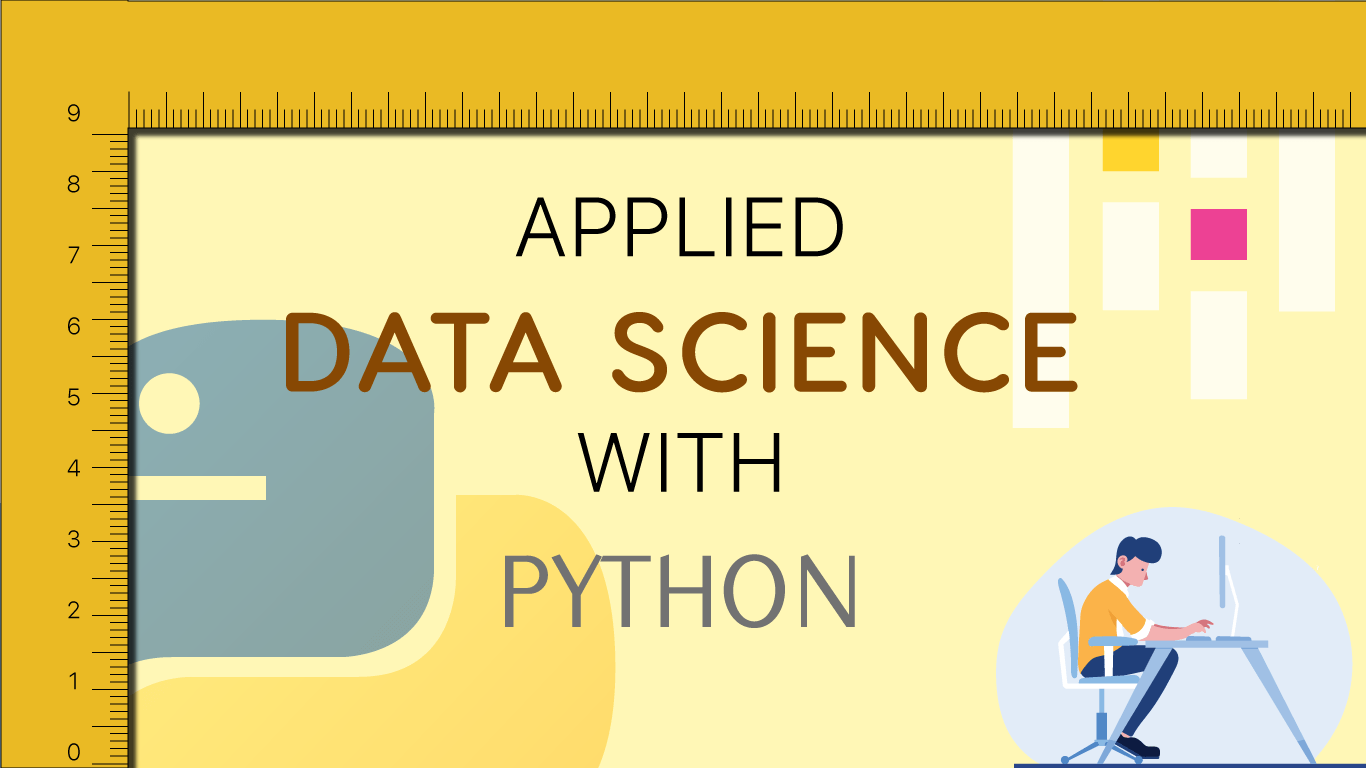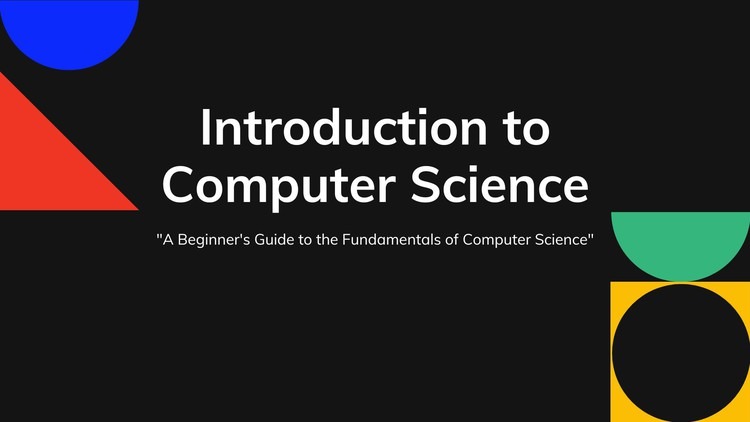If you ignore this, you’ll fall behind
Let’s be real—computers aren’t the future anymore. They’re the present.
Think about it. The way we study, work, shop, communicate—everything is powered by technology. And yet, many students still lack essential computer skills.
This isn’t just about learning fancy coding languages or becoming a tech god. Computer literacy today is as important as reading and writing were 100 years ago. It’s not optional—it’s survival.
Students who don’t develop these digital skills will struggle with higher education, miss out on job opportunities, and find themselves outpaced by their tech-savvy peers.
So, why students MUST learn computer skills? And how can they start right now?
The Hard Truth: Why Students MUST Learn Computers
1. Technology Is Everywhere (And It’s Not Going Away)
If you think you can avoid technology, think again.
- Schools are replacing blackboards with smart classes, switching from pen-and-paper exams to online assessments, and using AI-powered tools to personalize learning.
- Colleges and workplaces demand strong digital skills, whether it’s for research, communication, or collaboration.
- Even everyday activities—banking, shopping, booking tickets, job applications, and networking—happen online.
Imagine trying to apply for a job without knowing how to draft a resume on Microsoft Word. Or struggling to use Google Drive for submitting assignments. Digital illiteracy is the new illiteracy.
In the next few years, even more industries will automate processes, rely on AI-driven analytics, and shift towards digital-first solutions. Without being digitally literate, keeping up will become nearly impossible.
2. Computers Boost Problem-Solving and Critical Thinking
When students learn to code, analyze data, or use digital tools, they’re not just learning technical skills—they’re developing problem-solving abilities that will help them in any career.
- Coding teaches structured thinking, logic, and patience. Even if a student doesn’t become a software developer, the ability to break down problems and find solutions step by step is invaluable.
- Using tools like Excel, Canva, or Photoshop helps students analyze, organize, and create—skills that are useful in fields ranging from business and marketing to science and the arts.
- Exposure to AI, automation, and data analytics sharpens decision-making. Whether it’s interpreting patterns in sales, improving efficiency in a workflow, or even planning a budget, these tools help students make informed choices.
Problem-solving is a skill that will never go out of demand, and technology is one of the best ways to cultivate it.
3. Expands Career Opportunities (By a HUGE Margin)
Here’s a fact: 92 percent of today’s jobs require at least basic computer skills. And that number is only going to increase.
Regardless of the career path, students need technology to succeed:
- Aspiring doctors need to work with AI-powered diagnostics, digital patient records, and telemedicine.
- Writers and journalists need digital tools for research, content creation, SEO, and online publishing.
- Business professionals rely on data analytics, digital marketing, and automation tools to stay competitive.
- Even fields like agriculture and construction are integrating technology through smart farming, automated machinery, and 3D modeling.
And for those looking at high-paying careers, software development, cybersecurity, AI, and data science are booming. Even creative fields like music production, filmmaking, graphic design, and social media marketing now depend heavily on digital tools.
Without computer skills, students aren’t just limiting their career options.
4. Makes Learning More Interactive and Engaging
Traditional learning methods—textbooks, lectures, and rote memorization are no longer enough. Technology makes education more dynamic, interactive, and accessible.
- Simulations and 3D models allow students to visualize complex concepts in subjects like physics, biology, and mathematics.
- AI tutors and gamified learning platforms provide personalized lessons that adapt to individual student needs.
- Online platforms like Khan Academy, Coursera, and Code.org enable students to learn at their own pace, exploring topics in greater depth than what’s covered in a classroom.
- Virtual labs let students conduct experiments without needing a physical science lab, removing barriers to hands-on learning.
This shift isn’t just about making learning more engaging. It’s about making it more effective. Studies show that students retain information better when they interact with the material rather than just reading about it.
Myths About Computer Learning (And Why They’re Wrong)
Though it shocks me that even today, there are people who think there are myths associated with being digitally literate. It pains to see people still asking questions like “Why should students learn computer skills?”. So, to clear the air, let’s debunk some myths related to learning tech skills (can’t believe I am saying this in big 2025!).
“You Need to Be a Math Genius to Learn Computers”
Many students and parents assume that computers are only for those who are good at math or interested in programming. This is completely false.
- You don’t need to be a coder to be computer-literate.
- Basic skills like using Microsoft Word, Excel, and email are necessary for everyone.
- Even creative professionals like writers, artists, and musicians use computers daily for their work.
The ability to use computers effectively is no longer an advanced skill, it’s a fundamental one.
“Too Much Screen Time is Bad for Students”
Before you come at me, let me say something. I mean it’s true that excessive social media and gaming can be harmful, but productive screen time is completely different.
- There’s a big difference between passive screen time (mindless scrolling, gaming) and active screen time (coding, researching, learning new skills).
- The key is balance. Students should be encouraged to use technology as a tool for creation, not just consumption.
- Schools and parents should focus on guiding students toward the productive use of digital tools rather than banning screens altogether.
Technology itself isn’t harmful, how we use it determines its value.
“Traditional Education is Enough”
Ok Boomer! It’s quite shocking that many still believe that as long as a student does well in school, they will be fine. Unfortunately, this is no longer true.
- The job market is changing faster than school curriculums. Many schools still don’t teach essential digital skills.
- Companies today value real-world experience over theoretical knowledge. Knowing how to apply digital tools is far more important than just memorizing concepts.
- Schools alone cannot keep up with the rapid evolution of technology. Students must take the initiative to learn beyond the classroom.
Traditional education without digital literacy is like trying to drive a car with no fuel. You won’t get far.
How Students Can Start Learning Computers Today?
- Use Free Resources to Get Started
- Khan Academy: Basics of coding, computer science, and IT.
- Code.org & Scratch: These are Beginner-friendly platforms for learning programming.
- Coursera & Udemy: Online courses for tech skills like Excel, web development, and AI.
- Learn by Doing
- Instead of just reading about computers, students should start small projects.
- Create a presentation, edit a video, build a simple website—these activities build real skills.
- Explore tools like Google Docs, Canva, or Python to develop hands-on experience.
- Develop Practical Skills
- Learn touch typing and keyboard shortcuts to improve efficiency.
- Master Excel formulas for better data management.
- Experiment with basic coding to develop problem-solving abilities.
- Balance Screen Time Wisely
- Use the 80/20 rule: 80 percent productive screen time, 20 percent entertainment.
- Take breaks to avoid eye strain and fatigue.
- Focus on creating rather than just consuming digital content.
The Choice is Yours!
As already mentioned above, ignoring computer learning today is like ignoring reading and writing 100 years ago—it’s a non-negotiable skill for success. The world is evolving fast, and those who adapt will lead, while others will fall behind.
So, what will it be? Will you embrace digital learning or get left in the past?If you’re ready to start, begin with checking out how ApniPathshala is working day and night to make digital education accessible to all the children from all possible corners of our country.Let’s unite and work together to make India a digitally intelligent nation!


